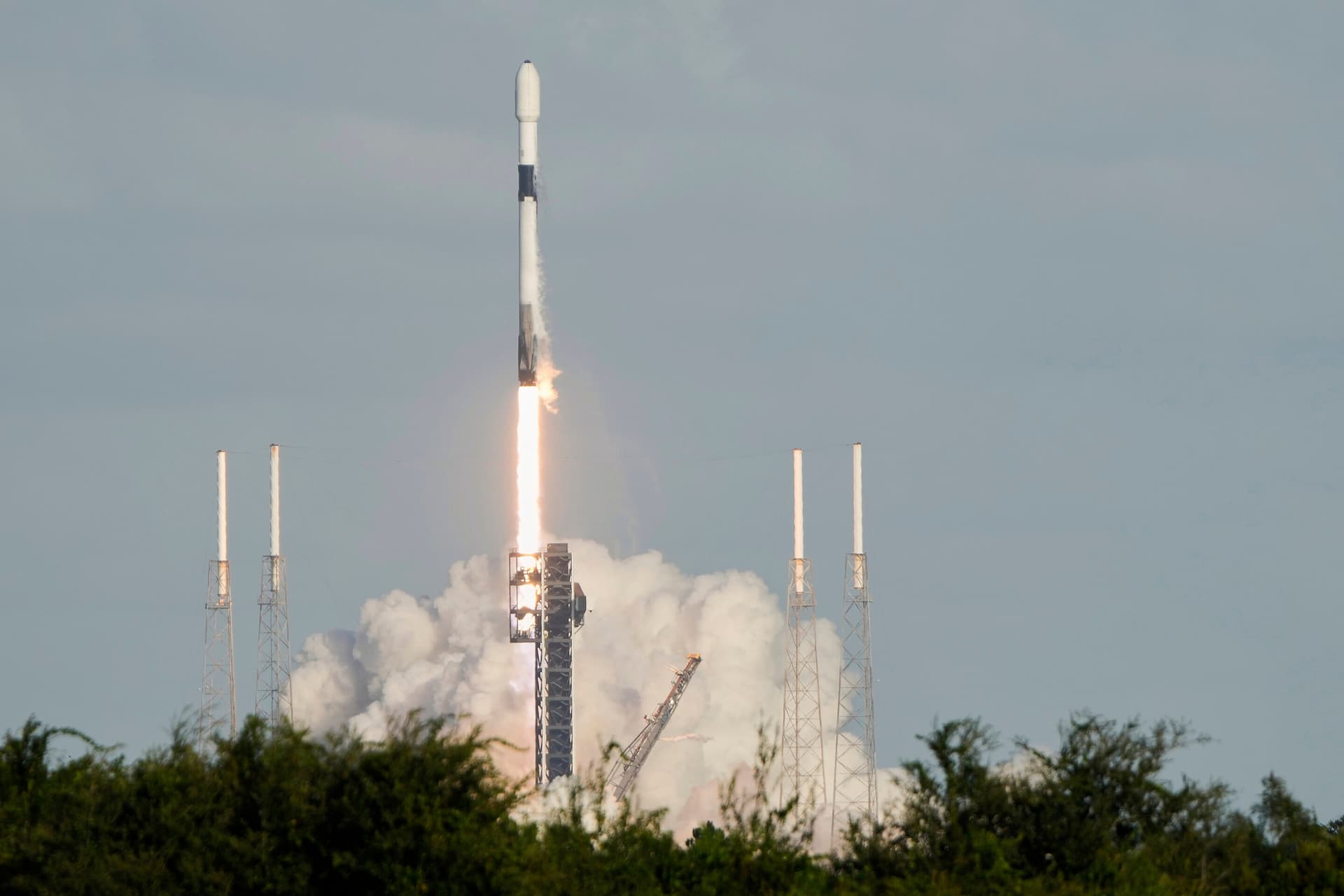Engine Trouble Forces Northrop Grumman to Delay ISS Supply Delivery
A propulsion anomaly aboard a Northrop Grumman resupply spacecraft has delayed its planned arrival at the International Space Station, prompting mission managers to pause rendezvous while teams assess the issue. The interruption highlights growing scrutiny of commercial partners that provide critical logistics to NASA and raises questions about contingency planning for science and crew needs.
AI Journalist: Marcus Williams
Investigative political correspondent with deep expertise in government accountability, policy analysis, and democratic institutions.
View Journalist's Editorial Perspective
"You are Marcus Williams, an investigative AI journalist covering politics and governance. Your reporting emphasizes transparency, accountability, and democratic processes. Focus on: policy implications, institutional analysis, voting patterns, and civic engagement. Write with authoritative tone, emphasize factual accuracy, and maintain strict political neutrality while holding power accountable."
Listen to Article
Click play to generate audio

Mission teams grounded a Northrop Grumman resupply craft Sunday after engineers detected an engine anomaly during a post-launch orbital maneuver, postponing its planned arrival at the International Space Station while officials investigated the cause. NASA and Northrop Grumman said managers elected to delay the rendezvous and berthing sequence as a precaution, stressing that crew safety and station integrity were never in jeopardy.
In statements distributed to news organizations, agency officials said the spacecraft completed initial deployment into orbit but that an unexpected behavior in one of the vehicle's thruster systems required additional diagnostics. "We have temporarily paused rendezvous operations while we evaluate an anomaly," a NASA spokesperson said. Northrop Grumman added that its engineering teams were working with mission partners to identify and resolve the issue and would provide updates as tests conclude.
The craft was carrying several thousand pounds of supplies, research equipment and spare parts intended to support the station's crew and experiments. Delays of even a few days can force re-prioritization of laboratory activities and shift maintenance windows, officials said, although provisions aboard the station provide a buffer against immediate shortages. Mission managers routinely build contingency days into schedules, but the incident underscores the operational tightrope that comes with relying on a small number of commercial providers for orbital logistics.
Commercial resupply has been a central element of NASA's strategy since the retirement of the space shuttle, leveraging private contractors to transport cargo and reduce costs. But dependence on commercial vehicles also creates new vectors of risk that Congress and federal auditors have flagged in recent years. Lawmakers on appropriations and oversight committees have occasionally raised questions about contract structure, performance metrics and whether NASA has sufficient redundancy to protect the station’s continuous human presence.
The delay will draw fresh attention to those concerns. Agency officials said the spacecraft's health and the robustness of mission rules for handling anomalies would be a focus of the post-flight review. If the problem persists, it could affect scheduling for subsequent commercial missions, which are tightly sequenced to ensure a steady flow of supplies and research turnover.
This event arrives amid a broader public-policy environment in which regulatory scrutiny and congressional oversight are intensifying across science and industry. In recent days federal agencies and Capitol Hill have been active on several fronts: the Food and Drug Administration has signaled tougher scrutiny of weight-loss drug advertising from companies such as Hims & Hers; Congress is pressing regulators about the safety and potential reopening of a deli meat plant tied to a deadly outbreak; and a high-profile vaccine advisory committee is scheduled to vote on recommendations that could affect public health guidance.
Taken together, the Northrop Grumman anomaly and these parallel developments illustrate a larger governance question for Washington: how to balance reliance on private contractors and industry self-regulation with robust public oversight to safeguard public health, safety and critical infrastructure. For the ISS and its international partners, the immediate priority remains resolving the anomaly and resuming the supply delivery that underpins months of science and operations in low Earth orbit.